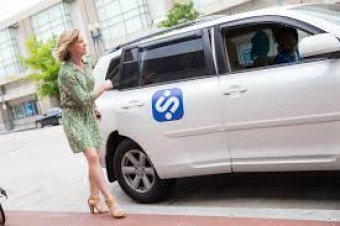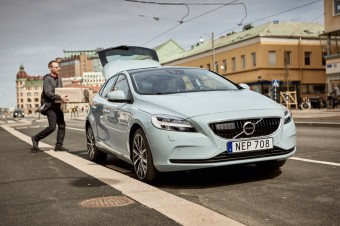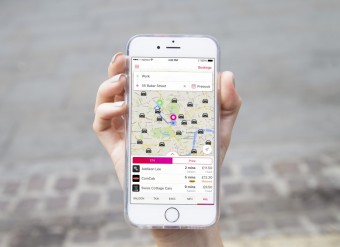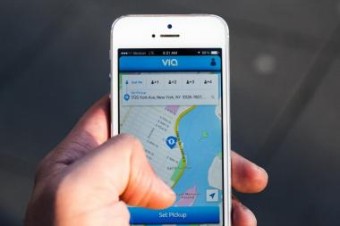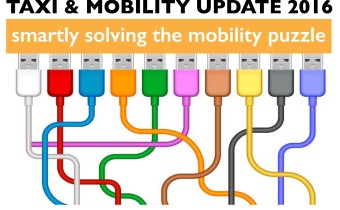How the daily commute is going to change: New services and technologies could make the ride to work very different
The modern commute may be heading for a big upgrade, thanks to carpool ride-sharing services and advances in automotive electronics and smart transportation systems. Ride-sharing firms Uber Technologies Inc. and Lyft Inc. are experimenting with carpooling services that are changing how people get to work. Both companies, best known for providing a fleet of private drivers that can be matched to individual passengers through their smartphones, have introduced technology that groups strangers as passengers—thus saving commuters money—by using algorithms that match distances and times of trips with other people going to similar places or in similar directions.
Early results have encouraged public-transit experts to start considering Uber and Lyft apps as potential means for reducing congestion. A recent study by the American Public Transportation Association suggests that ride-sharing trips using Uber and Lyft are replacing trips made with personal vehicles more than trips using public transport. The report recommended that public-transit officials start working on ways to make ride-sharing part of their services.
http://www.marketwatch.com/story/how-the-daily-commute-is-going-to-change-2016-05-16
- How IS the daily commute going to change – not just in the US?

